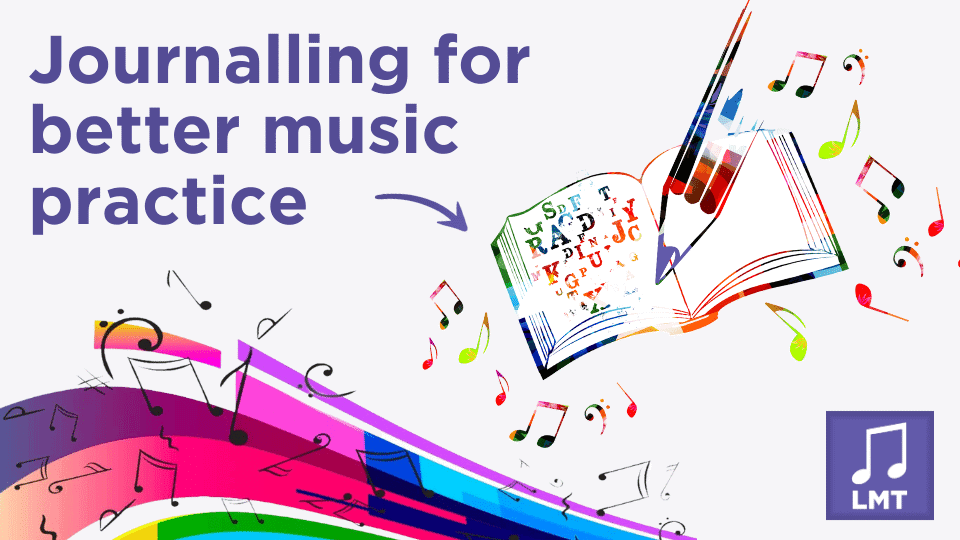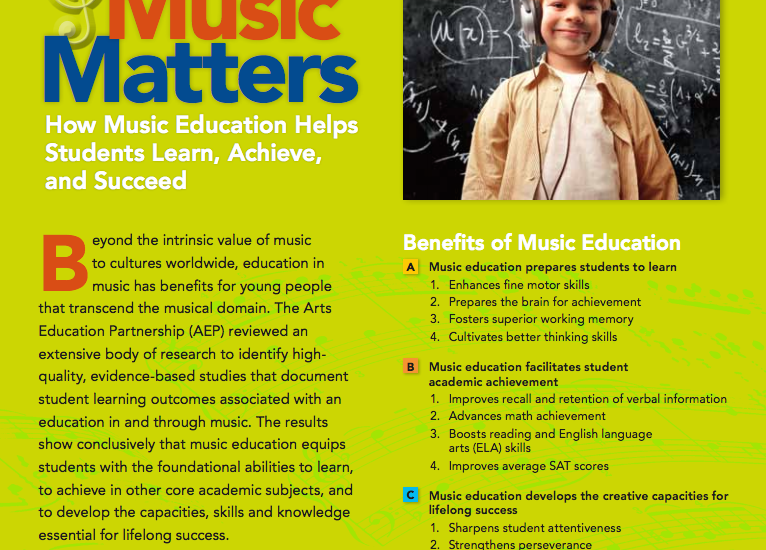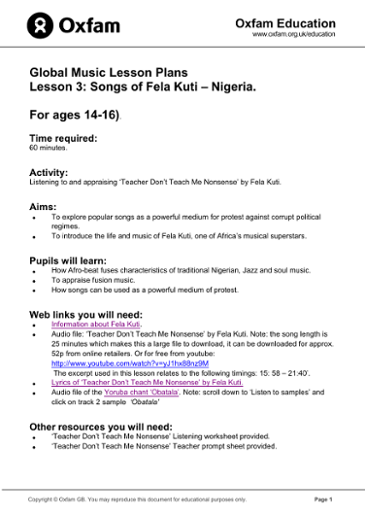Music Education Techniques for Enhancing Memory Retention
In today’s fast-paced world, educators are constantly searching for innovative ways to engage students and enhance their learning experience. One such technique that has gained popularity in recent years is the use of music in education. Music has been shown to have a powerful impact on memory retention, making it a valuable tool for educators looking to help their students retain information more effectively.
How Music Affects the Brain
Research has shown that music can have a profound effect on the brain. When we listen to music, multiple areas of the brain are activated, including those responsible for memory, attention, and emotion. This multi-sensory experience helps to strengthen neural connections and enhance learning. Additionally, music has been found to stimulate the release of dopamine, a neurotransmitter that plays a key role in learning and memory.
Music and Memory Retention
One of the key ways in which music can enhance memory retention is through the use of mnemonic devices. Mnemonic devices are memory aids that help us remember information more effectively. When information is paired with music, it becomes more memorable and easier to recall. This is why many educators use songs and rhymes to help students remember complex information, such as multiplication tables or historical events.
Techniques for Using Music in Education
There are many ways in which educators can incorporate music into their teaching practices to enhance memory retention. Here are some techniques to consider:
1. Create Mnemonic Songs
One of the most effective ways to use music in education is to create mnemonic songs. These are songs that contain key information that students need to remember. By setting information to music, students are more likely to remember it long-term. For example, a song about the periodic table can help students remember the elements and their symbols.
2. Use Background Music
Playing background music during study sessions or classroom activities can help to create a conducive learning environment. Music can help to reduce stress and anxiety, making it easier for students to focus and retain information. Choose music that is instrumental and not too distracting to maximize its benefits.
3. Encourage Active Listening
Encouraging students to actively listen to music can help improve memory retention. Have students listen to a piece of music and then ask them to recall specific details, such as the instruments used or the tempo of the song. This trains their brains to focus and retain information more effectively.
4. Use Music to Set the Mood
Music can help set the mood for different activities or subjects. For example, playing classical music during a writing assignment can help students concentrate and tap into their creativity. On the other hand, playing upbeat music during a physical education class can help energize students and boost their motivation.
Conclusion
Music is a powerful tool that can significantly enhance memory retention in education. By incorporating music into their teaching practices, educators can help students retain information more effectively and create a more engaging learning environment. Whether through mnemonic songs, background music, active listening, or mood-setting music, there are countless ways to leverage the power of music in education. So, next time you’re looking to boost memory retention in your classroom, consider adding a little music to the mix.


